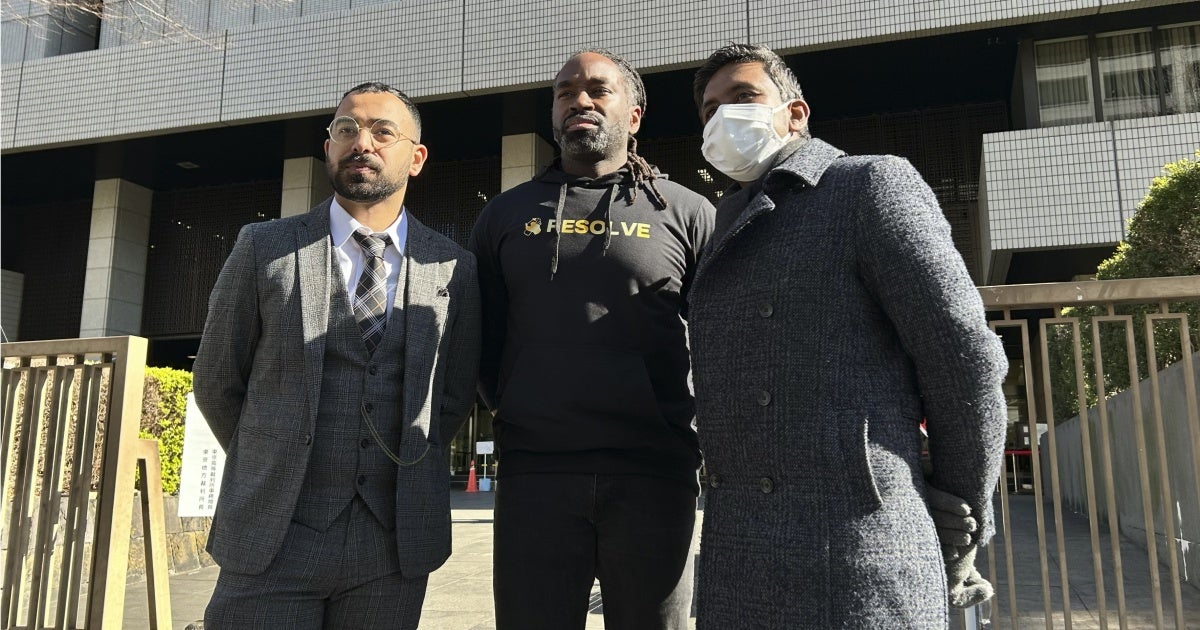Three ethnic minority residents of Japan filed a lawsuit this week alleging that the police racially profiled them.
The lawsuit against the Japanese government, the Tokyo metropolitan government, and Aichi prefectural government, alleges the three were subjected to repeated police identity checks because of how they looked. Each plaintiff is seeking 3.3 million yen (US$22,400) in damages and legal fees, and recognition that racial profiling is illegal.
Matthew, of Indian descent, alleges in the lawsuit that the police have questioned him “at least 70 times, possibly nearly 100 times” since he began living in Japan in 2002. He says that once, when he asked why he was pulled over, the police officer said it was “rare to see foreigners driving.” The two other plaintiffs are Pakistan-born Syed Zain, who has Japanese citizenship, and US-born Maurice, who is Black and has permanent residency in Japan.
The plaintiffs’ allegations are deeply disturbing but not surprising. In 2021, racial profiling by Japanese police gained renewed scrutiny after the US embassy in Japan issued a rare “alert” for US citizens, recommending that they “carry proof of immigration and request consular notification if detained.” A 2021 survey found racial profiling of foreigners living in Japan to be commonplace, while a September 2022 survey by the Tokyo Bar Association revealed that a higher proportion of respondents of Latin American, African, and Middle Eastern descent reported experiencing police identity checks compared to other ethnicities.
In November 2022, following a debate in the Diet, the National Police Agency said it found six cases of “inappropriate” conduct during police identity checks in 2021, but also claimed there was no prejudice based on race or nationality. An independent and impartial study of police identity checks is clearly needed.
As a party to the International Convention on the Elimination of All Forms of Racial Discrimination, the Japanese government should end and remedy abusive police practices by developing and effectively implementing “laws and policies that define and prohibit racial profiling by law enforcement officials.” To better protect the rights of minorities, the government should also enact legislation that prohibits racial, ethnic, or religious discrimination, or discrimination based on sexual orientation or gender identity.



